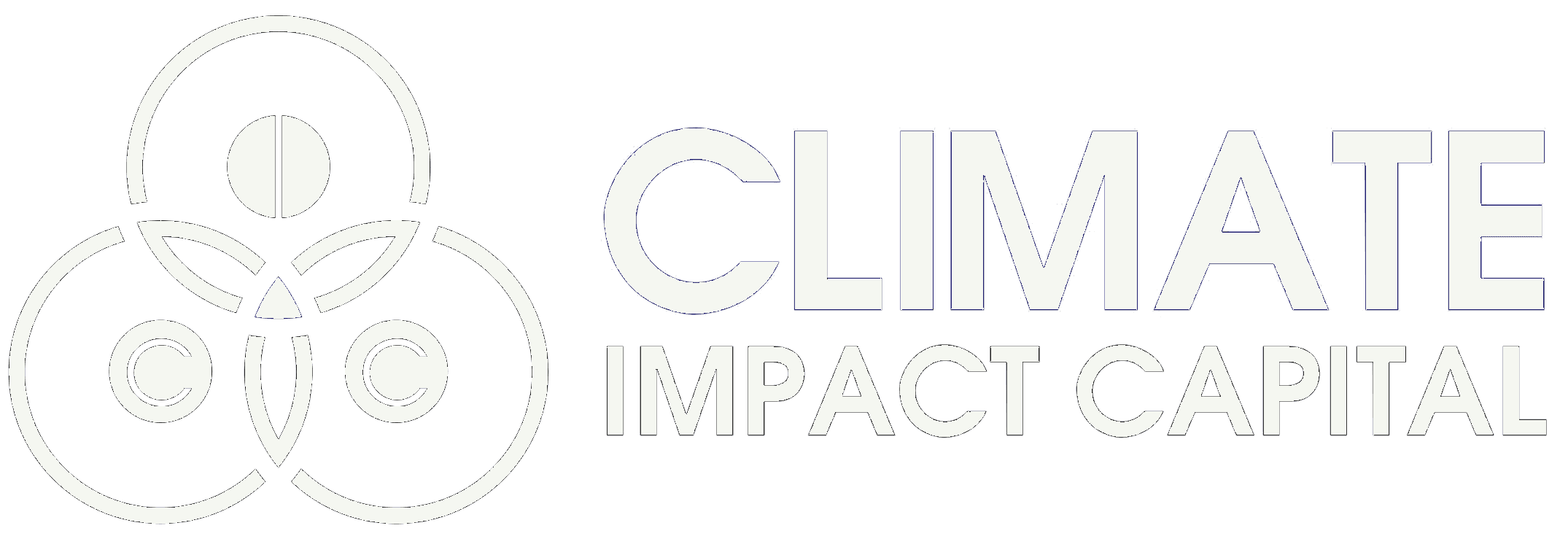Shell on Thursday announced a net-zero emissions target for 2050, becoming the second major European oil company after BP to embrace such a goal. An expanded power business will make the biggest contribution to the shift but renewables investment will play a major role.
The British-Dutch firm will also target “Scope 3” emissions, which encompass the end use of its products. Scope 3 emissions account for 85 percent of the company’s ultimate carbon footprint.
Shell also committed to aligning its efforts with the Paris Agreement’s goal of limiting warming to 1.5 degrees Celsius. In a call with investors, CEO Ben van Beurden said restricting warming to 1.5 degrees Celsius was “just about” economically and technologically possible. “We’re not going to turn into a charity or [a nongovernmental organization]. This only works if there is money to be made, [otherwise] it is not viable,” he said.
At the heart of Shell’s plan is a shift to selling less oil and more power and natural gas over time. To reduce its own emissions, the company will continue the expansion of its already-sizable renewables business and improve the efficiency of its operations. It will also rely on carbon offsets like planting trees.
Luke Parker, vice president of corporate analysis at Wood Mackenzie, said the announcement represents an “evolution” of the net-carbon footprint Shell unveiled in 2017. The company “has effectively accelerated its ambition to reduce the net carbon footprint of the energy products it sells (Scope 1, 2 and 3) by 65 percent by 2050, instead of 50 percent,” Parker said.
“The interim ambition shifts to 30 percent by 2035, instead of 20 percent,” Parker added. “Shell sees this as bringing the company in line with changed societal ambitions for 1.5 degeres C, rather than 2 degrees C, as previously targeted.”
BP revealed its own net-zero ambition in February, with details expected to follow later this year. Spain’s Repsol was the first oil company to include Scope 3 emissions in a net-zero target.
In recent years Shell has become an increasingly important investor in renewable energy around the world: It is the largest shareholder in U.S. solar developer Silicon Ranch Corporation and it owns energy storage firm sonnen, as part of a stable of other projects and investments covering EV charging, floating wind technology and green hydrogen. It also has stakes in four offshore wind developments on either side of the Atlantic.
In Europe, Shell supplies power to a range of energy-intensive users like chemical plants and other heavy industry, and it has developed a retail electricity business after acquiring U.K. supplier First Utility. Last year it narrowly missed out in its bid for the €4 billion ($4.4 billion) acquisition of Dutch power company Eneco.
The breakdown of Shell’s options for meeting its new 2050 carbon-reduction goals. (Credit: Shell)
The transformation of Shell’s own business is a huge challenge. Even bigger will be tackling societal emissions from the consumption of its energy products.
In part, those will be dealt with as part of a shift toward a “net-zero society,” Shell acknowledged. The company plans to work on decarbonization pathways with a variety of sectors through efficiency, offsets and carbon-capture technology. In Europe, many of these industries will be dragged toward net-zero operations by the EU’s Green Deal policy. It is targeting net-zero emissions by 2050, across the entire economy.
Some environmental groups were not convinced by Shell’s announcement.
“A credible net-zero plan from Shell would start with a commitment to stop drilling for new oil and gas,” said Richard George, head of Greenpeace U.K.’s climate campaign. “Instead, investors are being fobbed off with vague aspirations that don’t tackle Shell’s monstrous carbon footprint and pass the buck to Shell’s customers to offset their emissions.”
Van Buerden said the COVID-19 pandemic, which has contributed to a collapse in global oil prices, has not weakened Shell’s will on the energy transition.
“With the COVID-19 pandemic having a serious impact on people’s health and our economies, these are extraordinary times,” van Buerden said in a statement. “Yet even at this time of immediate challenge, we must also maintain the focus on the long term.”
Shell’s announcement underlines its commitment to transitioning from “Big Oil to Big Energy,” said WoodMac’s Parker. “Coronavirus and its fallout don’t change that; if anything, it adds greater weight to the argument. Despite immediate cash flow constraints, Shell and its peers will emerge from this period more determined to make the shift.”
Shell said its current budgets and business plans do not reflect the newly announced objectives and will be adjusted soon.


